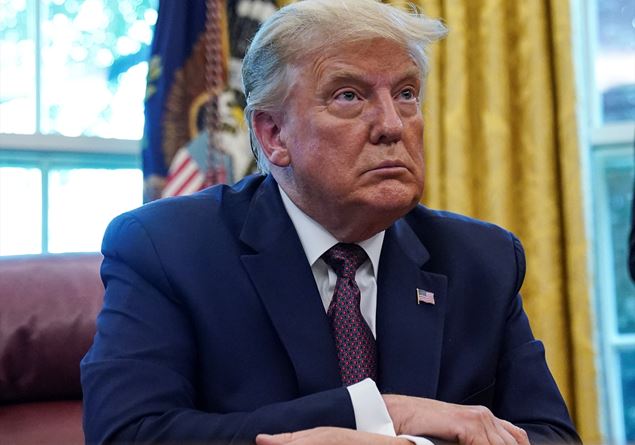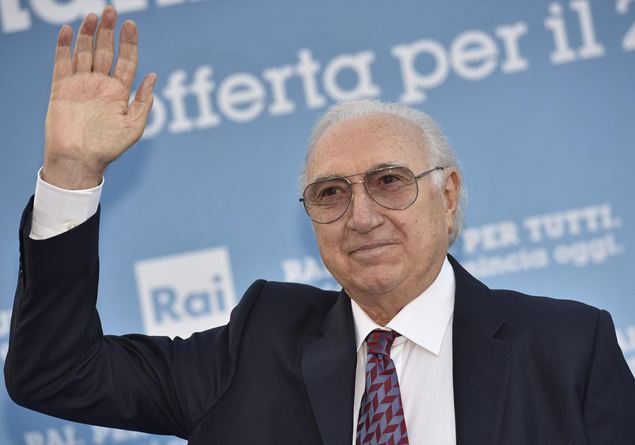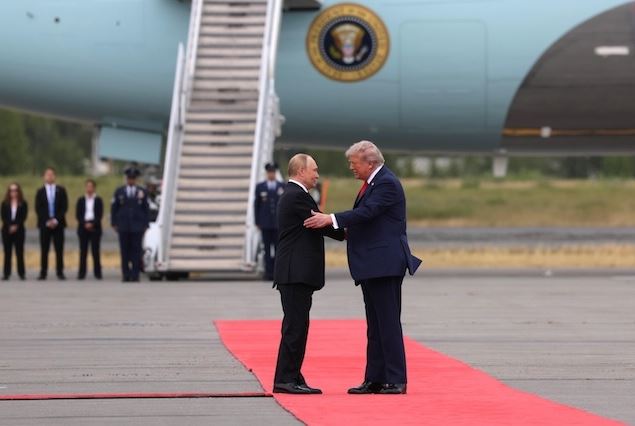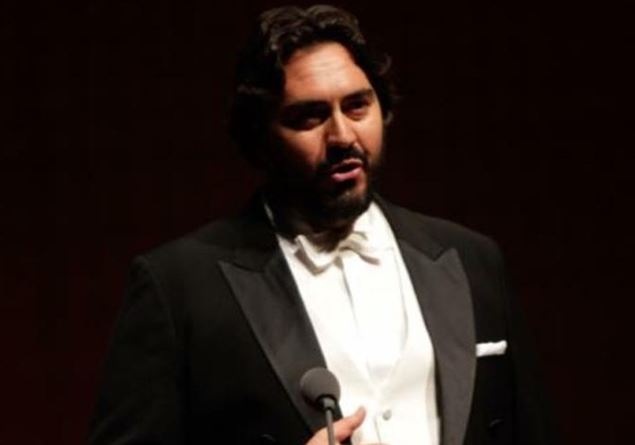On the war of duties of Donald Trump, the war seems to reign chaos. In reality it is not just a customs dispute (which is already epochal, as have shown the reactions of the world and in international markets). It is a world view. That of Donald Trump, the man who has transformed the duties into a weapon of muscle diplomacy, now clashes with the courts and with the old rules of the global game. Rules of which Trump has shown that he wants to unhinge, making a beautiful care of the verdicts of the judges, the Court of International Trade has just declared the duties imposed by the president on half a planet illegitimate to me. But a Court of Appeal immediately suspended that decision, and chaos took possession of the world scene. At this point the question arises: who benefits all this?
Trump, as is known, often adopt emergency legislation to force the laws by bending them to his will (as in the case of immigration laws). As for customs rates, everything stems from an unscrupulous use of theInternational Emergency Economic Powers Acta 1977 law designed for real emergencies – international crises, external attacks – not to correct commercial deficits. Yet Trump has decided to brand it as a durlindana to impose a minimum duty of 10% on almost all the United States partners, with peaks of 25% for Canada and 30% for China, the commercial enemy par excellence. All legitimized, according to him, by threats such as the trafficking of Fenanyl or the imbalances in the commercial balance.
The result? A burst of appeals, diplomatic protests and an uncertainty that paralyzes companies, markets, bags and allies (but who are the allies of America? Also in this case, nothing is understood). But this seems not to disturb Donald Trump. For him, recently abandoned also by the star billionaire Elon Musk, all this chaos is the price to pay to restore America “the respect he deserves”.
It is not just about economy, but geopolitics. Bacero Trump knows that commercial power is a strategic power. He knows that in a multipolar world the economic lever can replace military one. And that the duties, used as a threat, can obtain negotiation tables, concessions, sagging. “After what I did – he said with disarming frankness – they told me: see you when you want”. To keep silent of other vulgar expressions.
In the meantime, American diplomacy moves on multiple fronts: with London it has torn an agreement of principle, in exchange for openings on meat and ethanol. With India and Vietnam the interviews are underway. Brussels is in alarm. The message is clear: either you treat us from the first of the class, or we are struck by exports.
But the real clash is played at home. Not only in the courts, where the judges question the principle itself that a president can exercise “unlimited” powers on a unilateral basis. The congress, totally in the hands of Trump, humiliated by these shortcuts, observes in silence. If he does not intervene soon, he even risks becoming a spectator of a continuous erosion of his constitutional role.
It is not the first time that an American president uses emergency powers in a questionable way. But it is the first time that an entire commercial doctrine is built on that assumption. An isolationist doctrine, hinged on the idea that the world is taking advantage of America. A doctrine, it must be said, that a part of the public opinion shares, especially the one that voted for it, whose nucleus is represented by the unemployed workers of Rust Belt.
The real point is that Trump has understood something that his critics pretend to ignore: The global order built after the war is in crisisnot just because of him. The United States are tired of supporting the weight of a system that seems to reward its rivals. And if today he is the one who leads this revolution with the acceptance, tomorrow he could touch someone else – perhaps with more moderate or perhaps even more radical tones – but with the same agenda.
The Supreme Court of the “Justice” (so the supreme magistrates are called), in all likelihood, will be called to decide. But regardless of the outcome, America has already taken a new course: More protectionism, more unilateralism, less trust in multilateral institutions. It is the world according to Trump. A world that does not like, chaotic, confused, divided, contemptuous, but that exists. And that many, perhaps more than we imagine, are willing to follow. Thanks so far also to the total, inconsistent inanity of the Democrats, who seem paralyzed in the face of the tariff anger of their political enemy.











